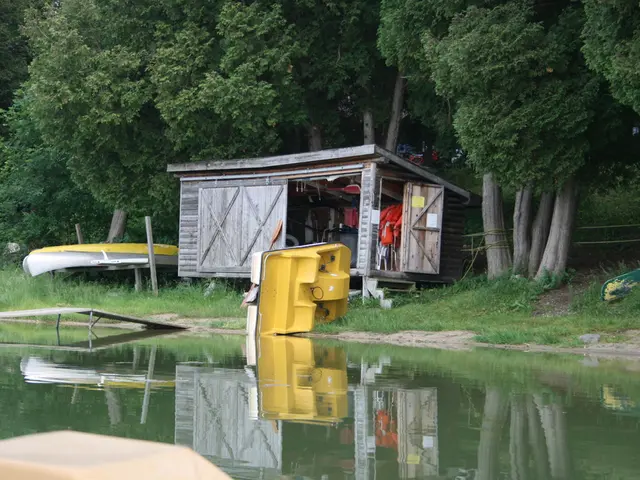Colorado's Front Range Cities Face Fiscal Challenges and Land Use Conflicts Amid Oil and Gas Boom and Bust
The oil and gas industry's boom and bust cycle has left cities along Colorado's Front Range grappling with fiscal challenges and land use conflicts. Despite net financial benefits, local governments face organizational hurdles and revenue declines due to lower oil prices and reduced production.
In 2016, cities like Herzogenrath and Kerkrade in the cross-border region between Germany and the Netherlands struggled with surveys on production costs and workforce availability, despite enjoying net financial gains from oil and gas production. Organizational challenges related to energy transitions and workforce management were noted.
In Colorado, the oil and gas boom has led to significant revenue declines for local governments. Lower oil prices and production have resulted in decreased property tax revenues and reduced distributions from state-collected taxes. For instance, Weld County projects a $40 million drop in property tax revenues from 2015 to 2016. Despite this, most local governments continue to experience net fiscal benefits from the industry.
The oil and gas industry's presence in residential areas has sparked political opposition. Cities like Longmont and Fort Collins have challenged state regulations and passed bans or moratoria on hydraulic fracturing (fracking). Meanwhile, cities like Evans expect oil and gas projects to reduce potential future housing stock.
The boom years saw over 60 active rigs in the Denver-Julesburg basin in 2014, but this number plummeted to around 15 by September 2016 due to declining oil prices. Some cities may face future land use conflicts between existing oil and gas infrastructure and new residential and commercial development.
As oil prices fluctuate, cities along Colorado's Front Range must navigate fiscal challenges and land use conflicts. While most continue to benefit financially, they must also address organizational hurdles and potential housing stock reductions. The future of oil and gas development in the region remains a contentious political issue.








